Why does preserved orange peel infusion taste bitter?In modern life, brewing Tea with preserved orange peel has become a popular health practice. However, sometimes the tea can have a bitter taste from the preserved orange peel. What causes this?
Reason One: Origin and Management
Production Area
Cultivation Management
Age of the Preserved Peel
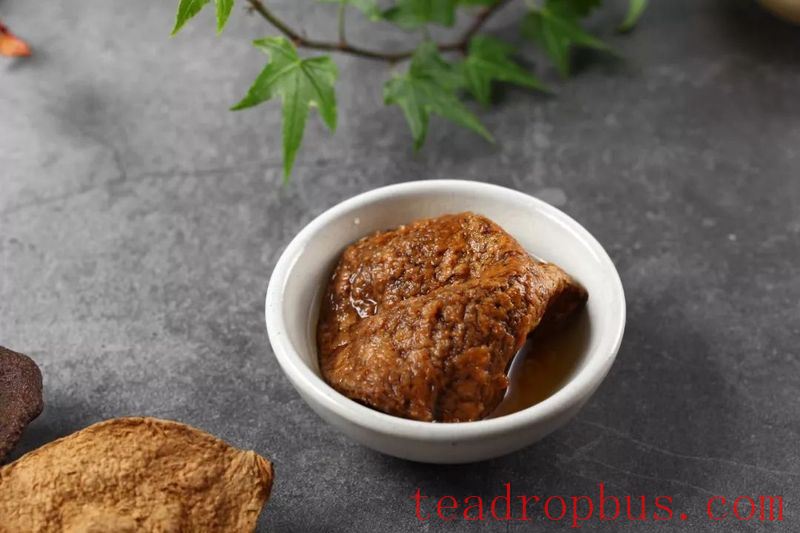
Regardless of its age, the preserved orange peel from non-Xinhui region oranges may exhibit a noticeable bitterness. In the Xinhui region, some farmers' improper management practices can also lead to a bitter taste in the current year's peels or those stored for a long time. To avoid purchasing inferior quality preserved orange peels, it is recommended to buy from reputable sellers.
In addition to the above reasons, young preserved orange peels (1-2 years old) may have a slight bitterness but not excessively so. They carry a stimulating aroma and a fruity acid flavor, which can result in a slightly bitter, sour, and astringent taste when used for brewing tea.
Preserved orange peels that are 3 years old or more carry a fresh aged aroma, making them more suitable for soups, sweetened drinks, or as culinary seasonings. Peels over 5 years old have a mellow taste and a stronger aged aroma, with a subtle fragrance and a lingering aftertaste.
Preserved orange peels stored in a humid environment may develop a bitter, astringent, and sour taste due to the fermentation and aging process influenced by high temperature and humidity. It is advisable to purchase healthy preserved orange peels that have been stored in a dry environment.
The ages mentioned above refer to the time spent in pure dry storage. The age of peels stored in humid conditions or falsely aged during processing should be considered separately.
Reason Two: Variety of Peel
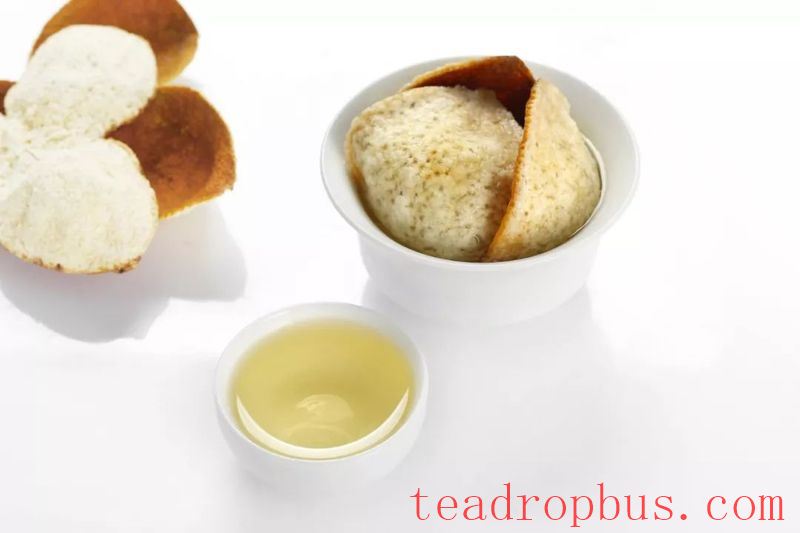
Green Peel
Preserved orange peel can be categorized into three types based on the harvest time: Green Peel (Citrine Peel), Semi-Ripe Peel (Yellow Peel), and Fully Ripe Peel (Red Peel).
Green Peel, harvested from unripe fruit, contains less sugar and can produce a noticeable bitterness when brewed. However, with increased storage time, the bitterness will gradually fade or disappear.
Semi-Ripe Peel is less bitter than Green Peel but still carries a significant flavor. If stored in large quantities, it may have a stimulating odor (irritating to the eyes and throat), and the pungency is stronger than Fully Ripe Peel. As with Green Peel, the bitterness and astringency will diminish over time.
Fully Ripe Peel has the least bitterness and is recommended for brewing. Due to its higher sugar content, it has a larger fruity aroma without any irritating smell and offers a warmer sensation.
Reason Three: Quantity Used
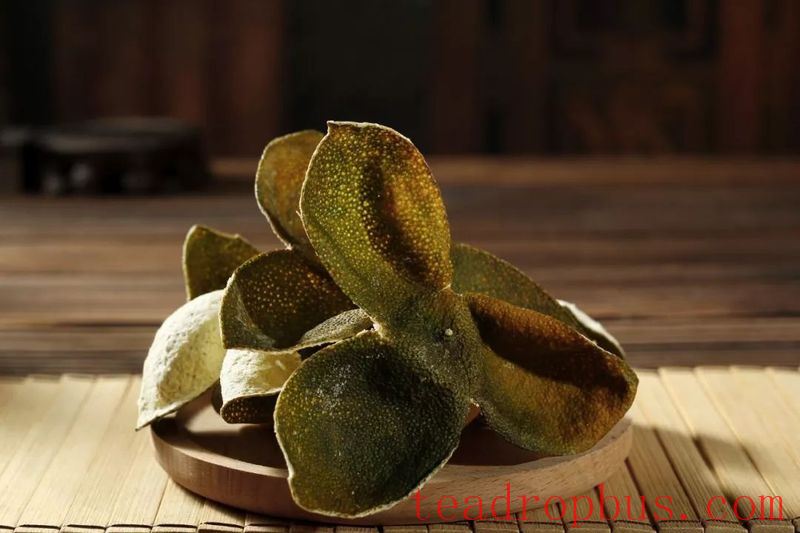
Too Much Preserved Orange Peel
Brewing tea with preserved orange peel is beneficial for health, but using too much doesn't necessarily improve the effect. An imbalance between the amount of peel and water can result in a bitter or overly light taste. It is recommended to use one whole piece (three sections) of preserved orange peel for 250 milliliters of water.
Reason Four: Steeping Time
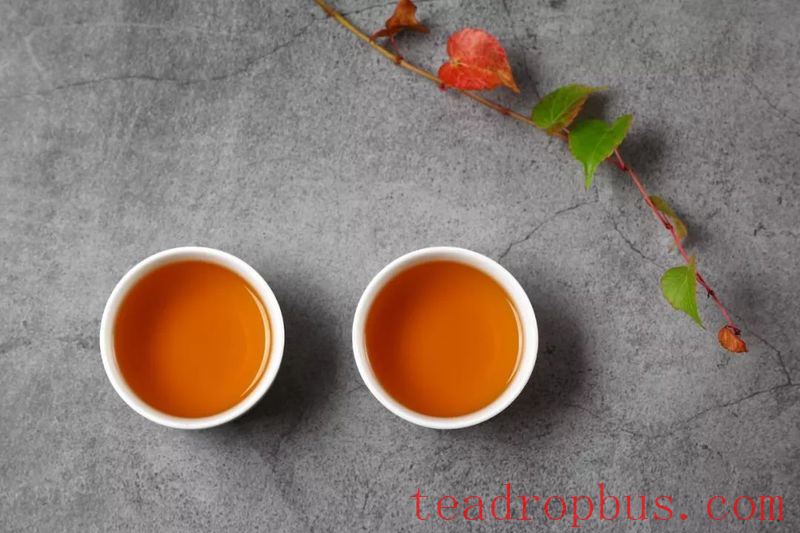
Too Long Steeping Time
As the taste of preserved orange peel is spicy and bitter, steeping it for too long can result in a bitter taste, affecting the overall flavor. Place the preserved orange peel in the pot with cold water, bring to a boil, and then steep for 3-5 minutes before drinking. It is important to pour out the tea quickly and not leave the peel in the water, as this can make the tea bitter. For the best taste, it is recommended to drink within 20 minutes.
Correct Brewing Method
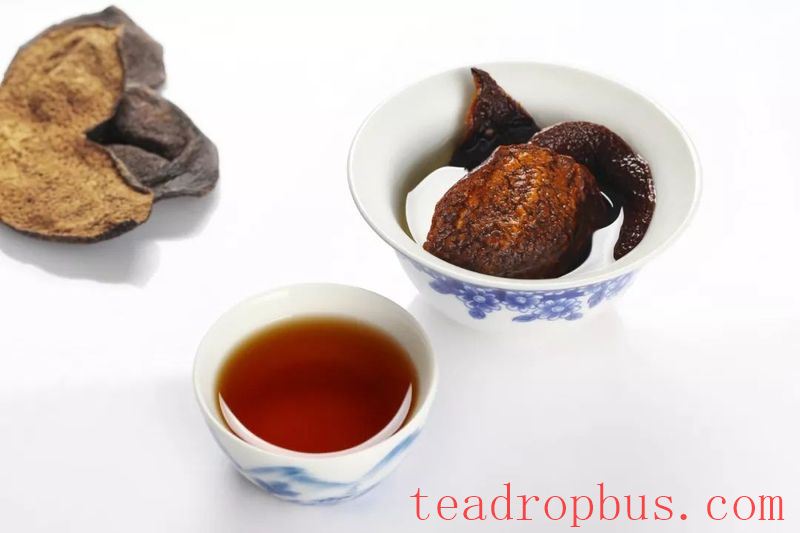
To Brew tea, take half a piece (one section) of preserved orange peel, Rinse it with boiling water for one minute, then steep for 6-9 minutes before drinking. It can be re-brewed multiple times. It is not advisable to steep the preserved orange peel for too long, as this can affect the taste and flavor.